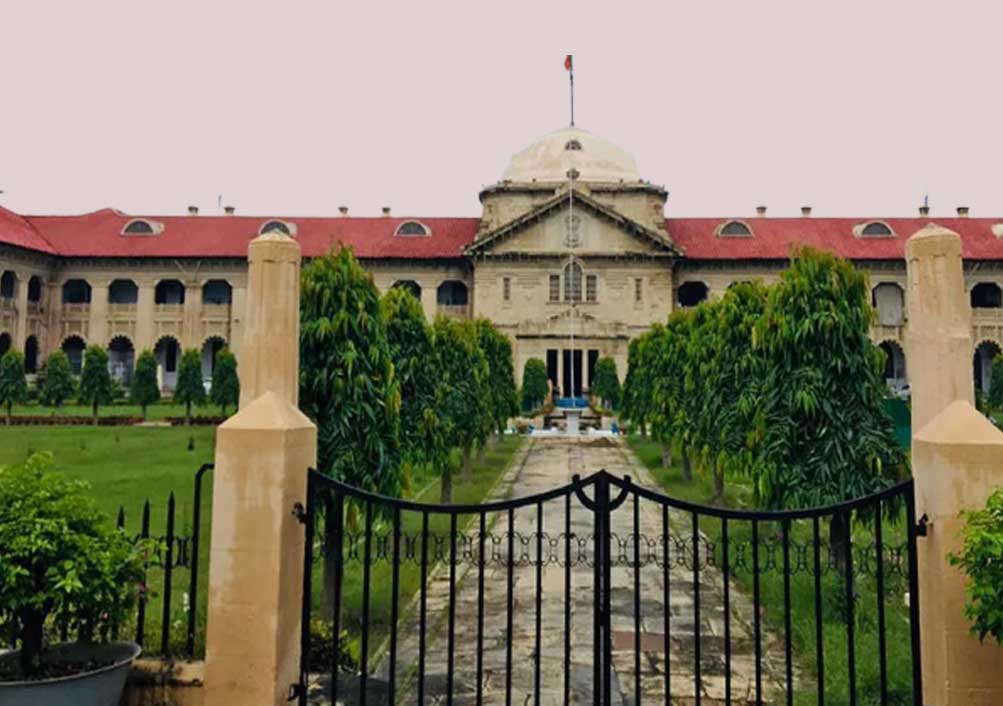Truth by itself is no defence to action for criminal defamation, unless public good proven: Allahabad HC

Read Judgement: Rajesh Churiwala vs. State of U.P & Anr.
Pankaj Bajpai
Prayagraj, August 2, 2021: While dismissing an application seeking quashing of defamation proceedings pending before a lower court in Varanasi, the Allahabad High Court has ruled that in such cases the onus of proving two ingredients — the truth of the imputation, and that the publication of the imputation is for public good — would be on the accused.
A Bench of Justice Dr. Yogendra Kumar Srivastav observed that the truth by itself would not be a defence to an action for criminal defamation if other ingredients are present, unless it can be shown that the imputation in question besides being truthful was made for the public good.
“The only contention which is sought to be canvassed to challenge the proceedings is that the offence u/s 499 of IPC is not made out inasmuch as the case is covered under the first exception to the section which provides that if the imputation is made for public good, the same would not amount to defamation,” the Bench said.
“Section 499 of the Penal Code states as to when an act of imputation amounts to defamation and section 500 prescribes punishment in such cases. The ten exceptions to Section 499 state the instances in which an imputation, prima facie defamatory, may be excused. The first exception corresponds to the defence which may be set up by taking the plea of the imputation being true and for public good,” it said.
Truth by itself would be no justification in criminal law unless it is proved that its publication was for the public good, reiterated Justice Srivastav.
The Single Bench noted that the plea of defence of public good, under the first exception to Section 499, fell for consideration in Chaman Lal Vs. State of Punjab, wherein it was held that public good is a question of fact and the onus of proving the two ingredients under the first exception i.e. the imputation is true and the publication is for public good, is on the accused.
“Defamation i.e. an injury to a person’s reputation is both a crime and a civil wrong. In a civil action for defamation in tort, truth is a defence, but in a criminal action, the accused would be required to prove both the truth of the matter and also that its publication was for public good and no amount of truth would justify a defamatory act unless its publication is proved to have been made for public good,” said the Bench.
The High Court further said that defence in this regard being a question of fact, can be decided during trial only and the benefit of the first exception cannot be claimed at the stage of issuance of summons.
“It is well settled that at the stage of issuing process the Magistrate is mainly concerned with the allegations made in the complaint or the evidence led in support of the same and he is only to be prima facie satisfied whether there are sufficient grounds for proceeding against the accused,” added the Bench.
Therefore, Justice Srivastav refused to entertain the application u/s 482 CrPC and clarified that at this stage, there is no requirement to enter into the detailed factual aspects or on the merits or demerits of the case.
The proceedings in the case in question are going on before the Additional CJM, Varanasi Court in Complaint Case No.10 of 2019 (Mohan Lal Saravagi Vs. Rajesh Churiwala).
Sign up for our weekly newsletter to stay up to date on our product, events featured blog, special offer and all of the exciting things that take place here at Legitquest.




Add a Comment